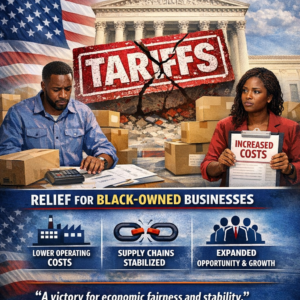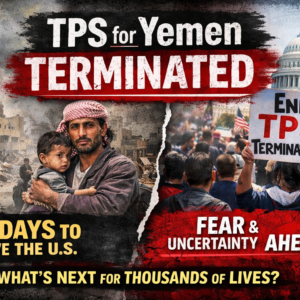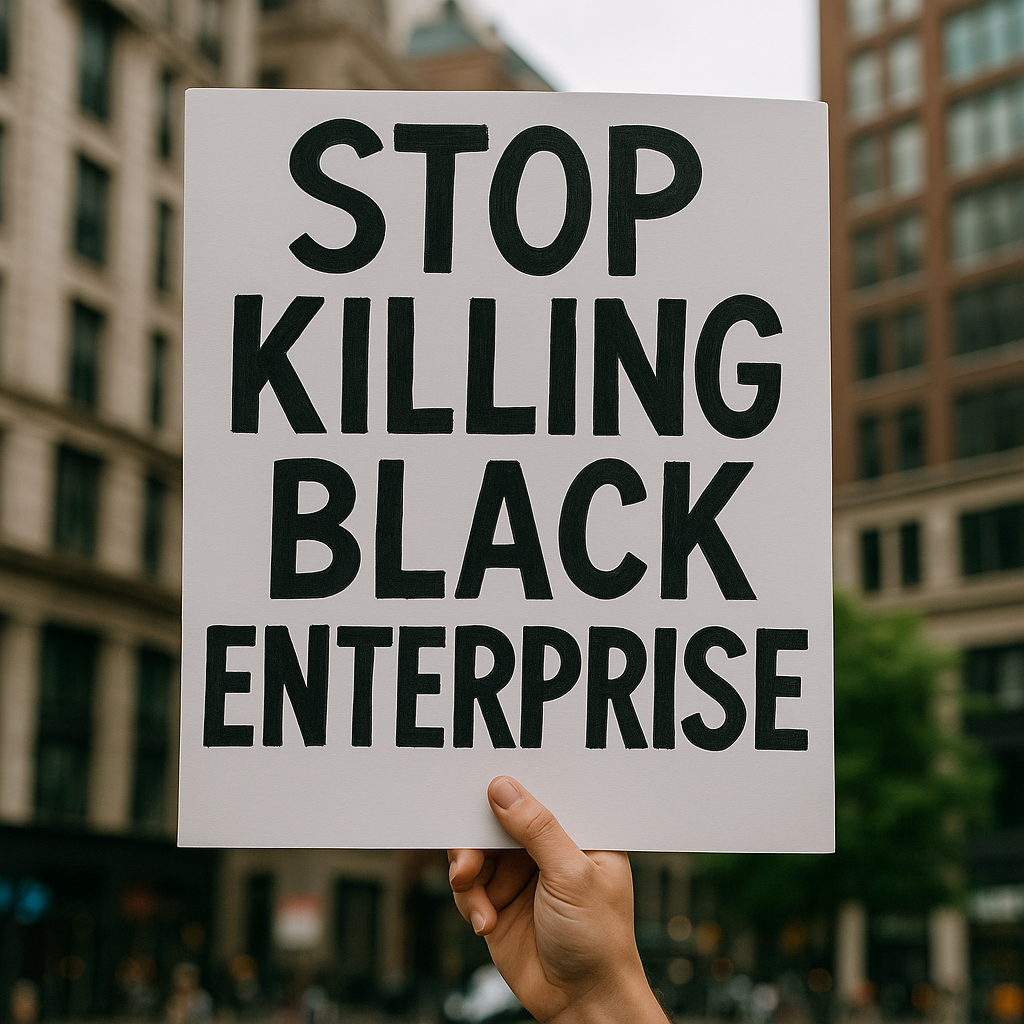In a move raising serious equity concerns, St. Louis has halted all construction contracts aligned with its Minority and Women-Owned Business Enterprise (M/WBE) goals, citing threats to federal grant eligibility. This decision affects local Black- and women-led contractors who had previously benefited from affirmative contracting measures (American Civil Liberties Union, KSDK).
This shift comes amid ongoing delays in federal disaster aid following the devastating EF-3 tornado on May 16, 2025, which inflicted approximately $1.6 billion in damage across St. Louis’s majority-Black neighborhoods like Greater Ville and Fountain Park (Wikipedia). FEMA teams are still assessing public assets—including recreation centers, firehouses, and police stations—to determine aid eligibility. As of late May, no federal funds have been allocated, though Governor Kehoe formally requested disaster assistance (https://www.firstalert4.com).
Despite these urgent needs, the city appears to be sidestepping long-term minority contracting goals to preserve access to limited federal funding—effectively forcing underrepresented businesses to choose between advocacy and survival.
When Federal Aid Leaves Black Communities Behind
This timeline of stalled federal support echoes national patterns under the Trump administration. A major concern is FEMA’s cancellation of the BRIC (Building Resilient Infrastructure and Communities) grant program, which had prioritized mitigation in under-resourced communities. Twenty states are now suing FEMA over its termination, warning of unprecedented vulnerability in frontline neighborhoods (KSDK, AP News).
In Alabama’s Lowndes County, a majority-Black and impoverished rural region, a settlement aimed at resolving a public health crisis caused by raw sewage was terminated by the DOJ. The revocation followed an executive order forbidding DEI-based initiatives—a decision that stripped essential sanitation funding from residents already facing systemic neglect (The Guardian).
Trump-era DOJ and DHS policies also led to a freeze or reduction of gun violence prevention grants, funding cuts of over $158 million that dismantled Community Violence Intervention (CVI) infrastructure in cities like Memphis, Selma, and others—further eroding safety nets in Black and low-income neighborhoods (reuters.com).
A Systemic Pattern: Communities Forced to “Bend the Knee” for Aid
Between federal aid freezes, revoked civil rights enforcement, and cities sidelining DEI-focused contracts, Black and women-led enterprises have been disproportionately impacted. St. Louis’s decision to pull back M/WBE contracting is a stark example of local governments compromising long-term equity for short-term grant eligibility—often to the detriment of marginalized groups.
City officials justify this shift as a necessary step to avoid jeopardizing FEMA funding. Yet, with FEMA funding yet unreleased and the city stepping in with a $19.2 million local relief plan to fill gaps (“FEMA cracks”), concerns remain about whose needs will be fully met—and who will fall through the cracks (KSDK, https://www.firstalert4.com).
Residents and small businesses report frustration and skepticism, warning that many will lose out on reconstruction contracts, economic stability, and generational wealth-building opportunities.
Habari’s Take: A Call for Equitable Recovery
Habari Entertainment stands with those pushing back against these compromises. Public infrastructure recovery and emergency funds should uplift, not override, the communities they’re meant to empower:
- Tornado-impacted neighborhoods deserve reparative justice—not austerity-motivated policy shifts.
- Minority- and women-run firms should not be deprioritized when cities face pressure to align with federal grant rules.
- Federal agencies like FEMA and DOJ must court local equity and enforcement—pullbacks on civil rights protections exact their steepest toll on Black, Indigenous, and underprivileged communities.
What Must Happen Now
- Community transparency in St. Louis over how federal and local funds are allocated—and ensuring M/WBE firms remain prioritized.
- Federal restoration of civil rights enforcement under DOJ and reauthorization of programs like BRIC and CVI that explicitly target underserved neighborhoods.
- Strategic pressure from civil rights coalitions and local organizers to demand equitable recovery, not austerity-fueled erasure.
St. Louis’s decision may reflect fiscal practicality. But without equity at the forefront, recovery becomes about preservation of the status quo—not transformation. Underprivileged communities deserve more than reactive aid—they deserve proactive justice.











More Stories
One Dead, Two Injured in Shooting Near ASU Campus
ICC Judges amend the Regulations of the Court to regulate motions for acquittal
U.S. Black Chambers, Inc. Statement on Supreme Court Decision Invalidating Tariffs Imposed Under IEEPA